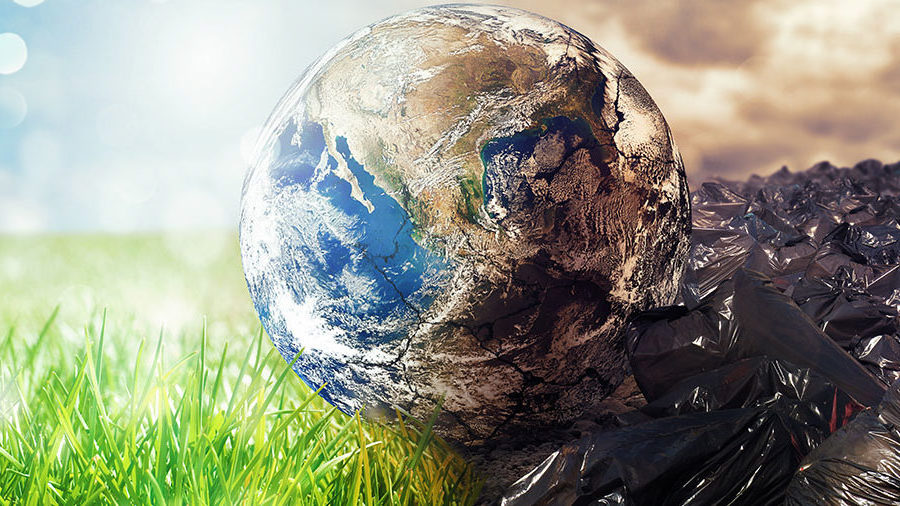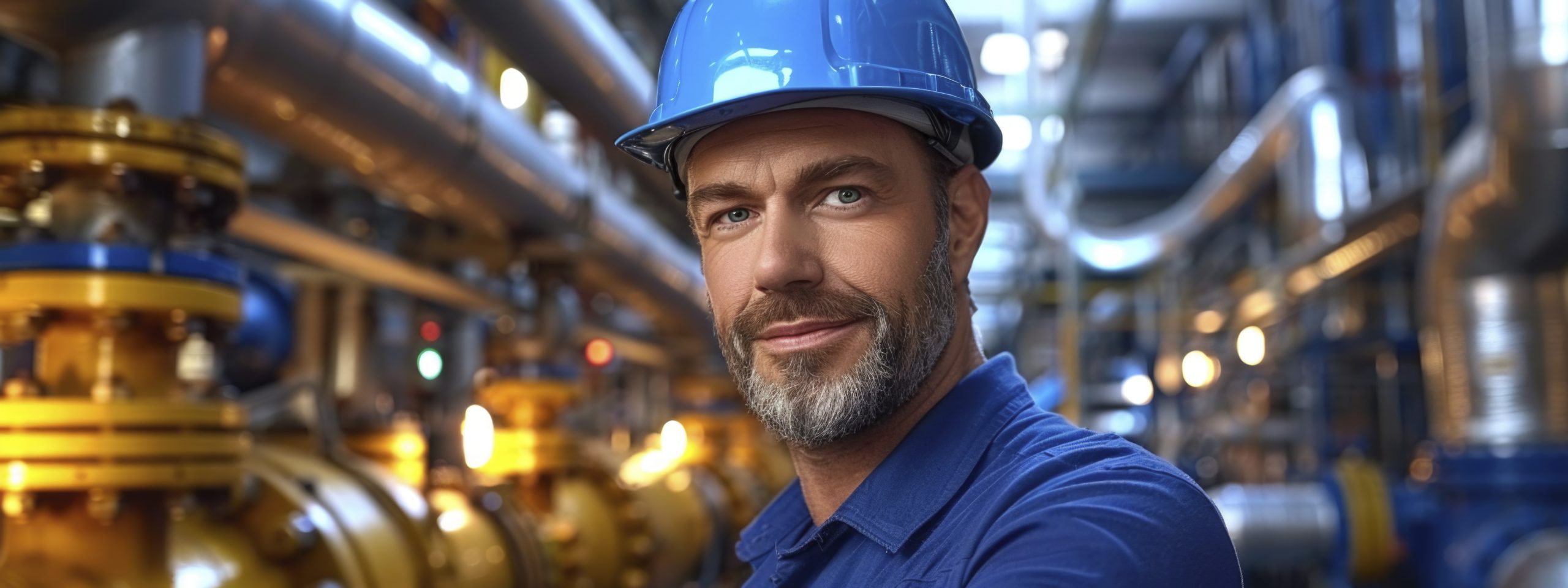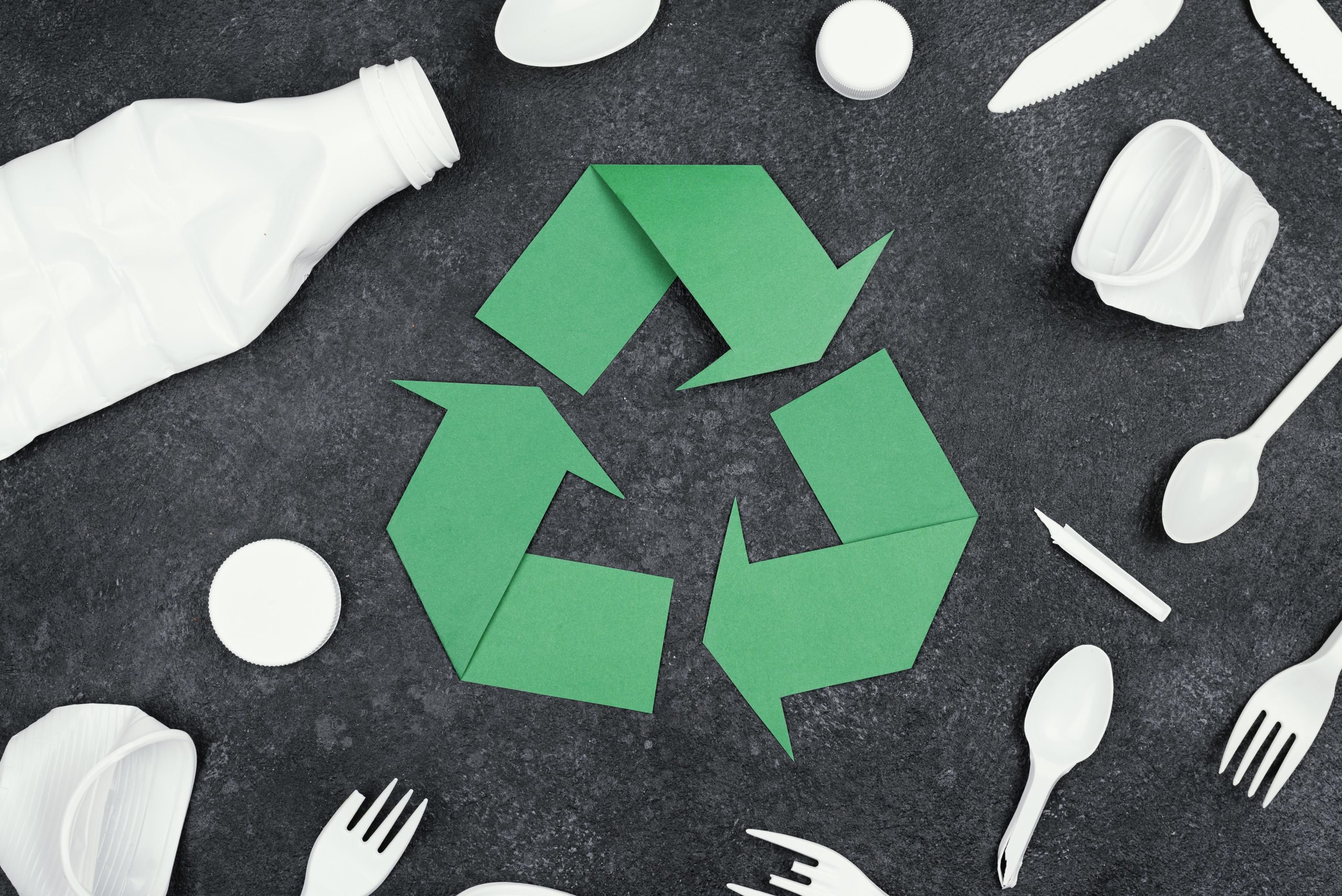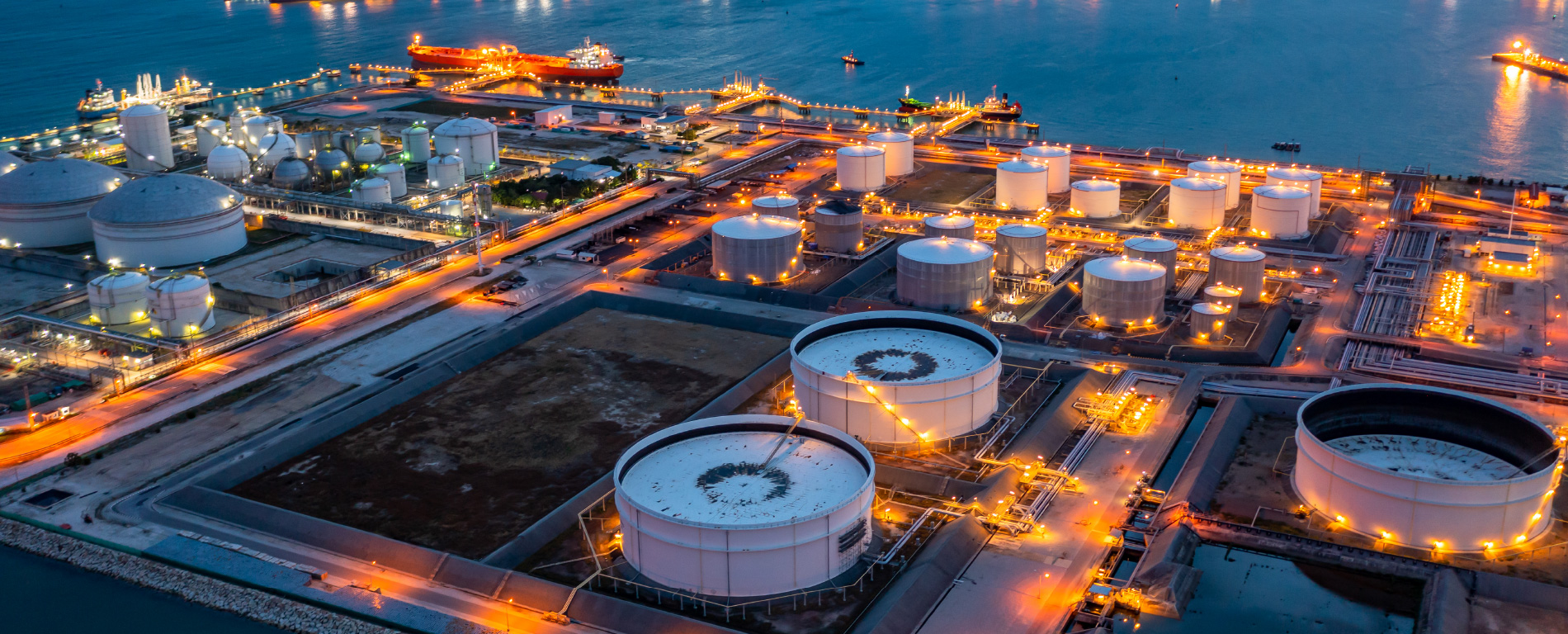Waste valorization
BY TECHNOLOGY
SOLUTIONS FOR WASTE TREATMENT AND WASTE VALORIZATION BY TECHNOLOGY
We design, develop and implement advanced systems for waste treatment and waste valorisation, applying the most efficient technologies in line with each individual case and need. These are our main technologies: find out what they can offer you.
One of the technologies for waste treatment is Pyrolysis. Pyrolysis is the chemical decomposition of organic compounds in the absence of oxygen. It represents the first stage in the gasification phase for combustion.
Controlled pyrolysis or gasification is the process by which organic matter is partly oxidised, thereby producing syngas. And it’s one of the tecnologies available for waste treatment and valorization.
Direct combustion or incineration is another technology available for waste treatment. Direct combustion or incineration generates energy in the form of heat. This energy is reusable, and can be used to produce electricity, steam or hot water.
Waste to energy involves processing waste in order to obtain energy that can be used within the same plant for internal processes or else to be sold to external parties. It’s one of the most efficient technologies for waste treatment and valorization.
Waste to fuel is a treatment process by means of which certain types of fuel are produced from waste. Biofuels and SAF (Sustainable Aviation Fuels) are becoming more and more attractive and necessary these days.
Waste to product involves the generation of new raw materials, along with intermediate and end products, through the treatment of waste. It’s one of the most demanded technologies for waste treatment and waste valorization.

Is Waste Valorisation environmentally friendly?
Waste valorisation has become the alternative technology for energy recovery that has minimum impact on the environment and is capable to generate heat and electricity. Pyrolysis plants and waste incineration plants include flue gas treatment systems afterwards that collect and eliminate the gases generated, following an efficient and safe procedure, to guarantee maximum respect for people and the environment.

The value of experience
For more than 15 years, Tecam has specialised in waste treatment and waste valorisation of industrial waste and hazardous waste.
Our aim is to help you by providing services at source (i.e. at your facilities), as we believe this is the best way to optimise overall costs and guarantee the safest possible environmental management of waste at each stage of the process.
Solutions tailored to suit you
We offer solutions adapted in line with your environmental problems. We always favour options related to valorisation. We accompany you throughout each stage of the project, helping you to minimise the generation of waste in your production cycle. From providing the diagnostics and design for each solution, to valorising and transforming your waste into energy or new materials.
Our commitment to innovation drives us to engage in continuous technological development, with a view to finding customised solutions for every case and customer.

DO YOU HAVE ANY CONCERNS REGARDING YOUR ENVIRONMENTAL MANAGEMENT?






